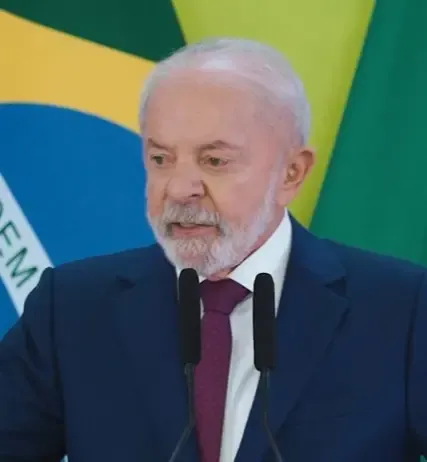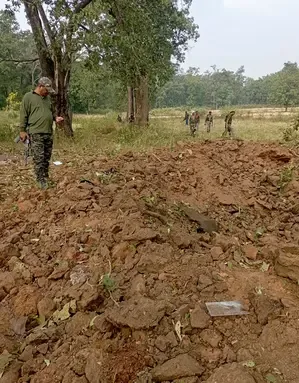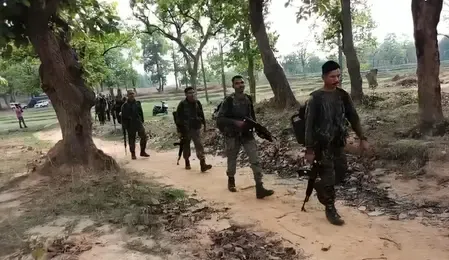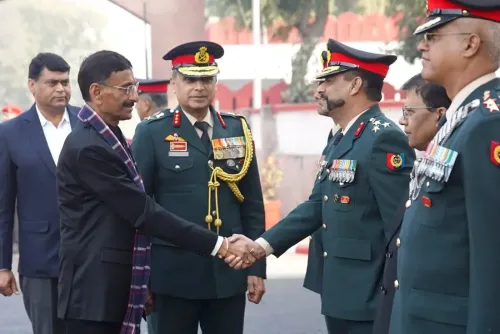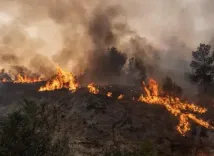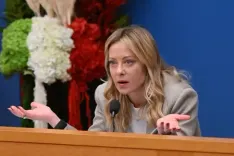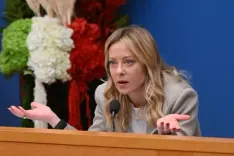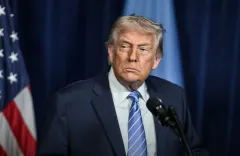Is the White House Declaring Armed Conflict with Drug Cartels?
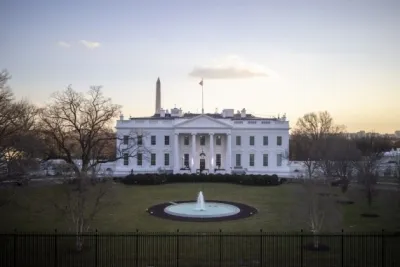
Synopsis
Key Takeaways
- The U.S. has officially declared a 'non-international armed conflict' with drug cartels.
- Drug cartels have been classified as terrorist organizations by the Trump administration.
- Military actions have stirred controversy and provoked criticism from congressional leaders.
- U.S. forces are increasing their military presence in the Caribbean region.
- Venezuela's role in drug trafficking is not as significant as often portrayed.
Washington, Oct 3 (NationPress) The administration under President Trump has informed Congress that the United States is currently involved in a "non-international armed conflict" with drug cartels, which it has classified as terrorist organizations, as reported by local media.
President Trump has identified these cartels as non-state armed groups, asserting that their actions represent an armed attack against the United States, according to a memorandum from the White House.
The memo indicates that these organizations operate as transnational entities and conduct persistent assaults across the Western Hemisphere as organized cartels.
While the memo did not specify which cartels were implicated or how US officials connected targeted individuals to these groups, the Xinhua news agency has provided coverage.
In a recent incident last month, US forces reportedly sunk three boats in international waters south of the Caribbean, allegedly originating from Venezuela, resulting in the deaths of 17 individuals on board. The memo labeled the deceased as "unlawful combatants" and defended the US military actions as a measure of self-defense.
This military action has faced significant backlash from congressional Democrats. Senator Jack Reed of Rhode Island, who serves as the leading Democrat on the Armed Services Committee, accused Trump of asserting the power to wage "secret wars" against anyone he deems an enemy.
Reed stated that the Trump administration has failed to provide a credible legal basis, evidence, or intelligence to support the strikes.
Furthermore, the administration has deployed warships to the Caribbean, with The New York Times reporting that the Pentagon has amassed a force exceeding 6,500 troops in the region.
Venezuelan President Nicolas Maduro has consistently claimed that the United States is exploiting cartel threats as a façade for regime change and military escalation in Latin America.
While some cocaine does exit South America via Venezuela, the country is not a primary source of drugs destined for the United States, according to a 2020 report from the US Drug Enforcement Administration.


